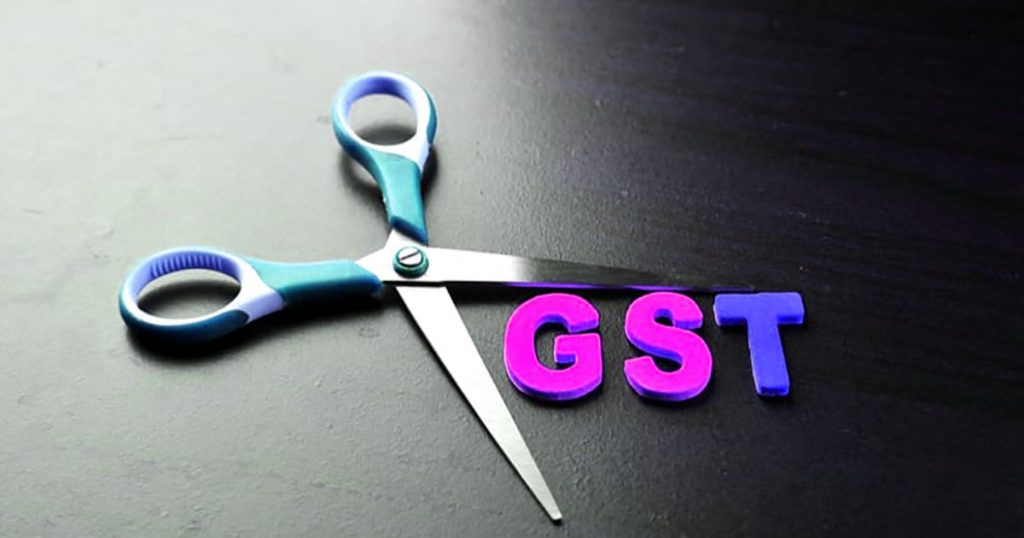
The highest tax rate slab of 28% has become a matter of agita for the whole nation. Now the items under this rate slab will be dug deeper in order to metastasize them out of this GST bracket to snip the cut back in demands.
The F.Y. 2019 proved to be the floundering one with 6.8% growth wherein the period from January to March with as low as 5.8% growth, is the slowest period in the Indian economy, ever witnessed in last 20 quarters.
The downturn phase of the economy may continue for an elongated time, understanding this, many states have favoured the abbreviation in tax rates and have conveyed the same to the centre.
A senior state government official who backs the dwindle in tax rates said “Something needs to be done urgently — demand slowdown is quite visible, It could get further entrenched… Jobs are getting impacted.” he further added.
Curtailment in the tax rates will lessen the prices which will bring a hike in the spending capacity of the consumers and so in the demands.
The new budget preparation on 5th June will be followed by the GST council meet on 20th June, where all these matters will be mulled over in the presence of Nirmala Sitharaman, the union finance minister in the new administration.
A final decision will be based on the revenue position. However, according to one government official, the nature of the economy will take edge over this because an elongated slow down will inevitably affect revenues under any circumstances.
It is the third time in succession to a nine-year, the Reserve Bank of India (RBI) curtails interest rates. RBI has altered its position to ‘accommodative’ in the scenario when the growth is a big concern at state and centre font.
According to an analysis, the market of consumer goods has become stagnant with the debacle in rural growth to about 1.1 times and in urban growth to 1.3 times in the previous quarter. The reasons behind this sluggish market are downtrend demand in a rural area and lower consumer sentiments.
The highest rate slab of 28% needs to be reviewed to let our economy bloom again. There are many consumer goods which comes under the highest GST bracket, Automobiles, for instance, are on one of them. There was 17% drop in sales of Passenger vehicle in the month of April and May and because of this milk-warm sales, many automobile dealers are terminating their business of automobiles, not just in metros but also in states like Maharashtra and Bihar. Maruti Suzuki NSE 0.39 %, the largest car manufacturer reported 22% lesser sales in May in comparison to the previous year.
Experts also gathered focus on accumulated credit in the auto sector.
“Many dealers have been facing the issue of accumulated input credit due to post-sale discounts and slow movement of inventory,” said Pratik Jain who is the national leader at indirect tax, PwC. According to Jain the reduction in GST rates will boost the demand, especially for small and environment-friendly cars.
Read Also: All About GST E-Invoice Generation System on Portal with Applicability
Other matters which will be pondered over in the GST council meet includes E-INVOICE and continuation of the anti-profiteering framework as well. The GST Council will deliberately discuss and decide over the introduction of electronic invoicing and extension of the anti-profiteering work structure, which can be continued via a notification; at its meeting.









